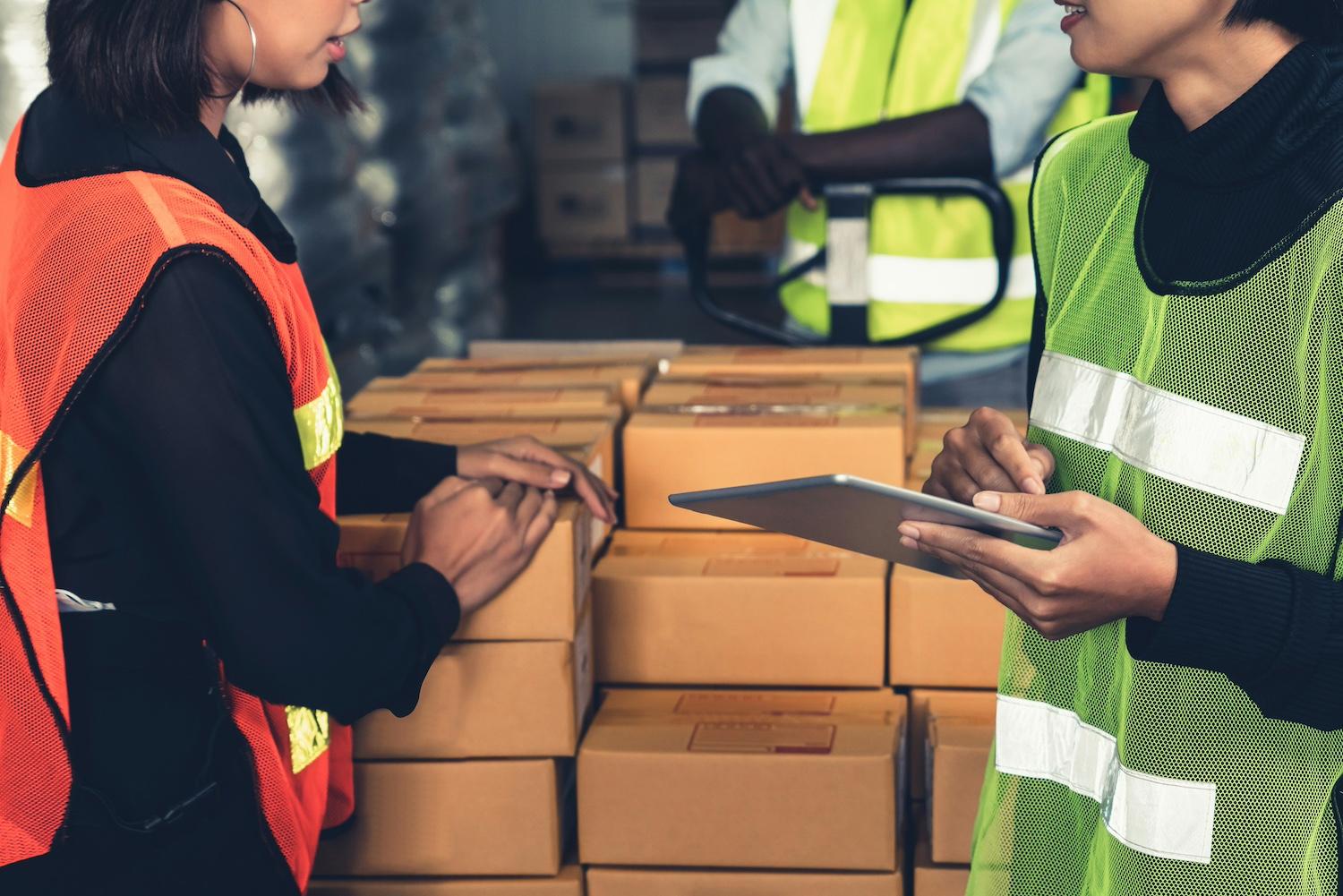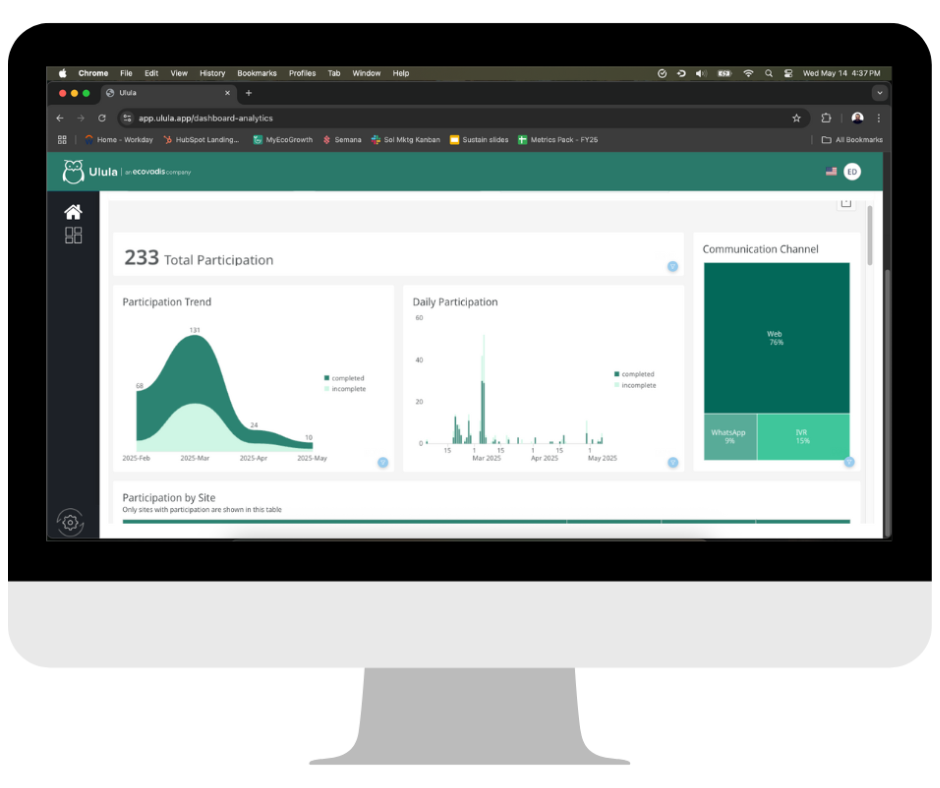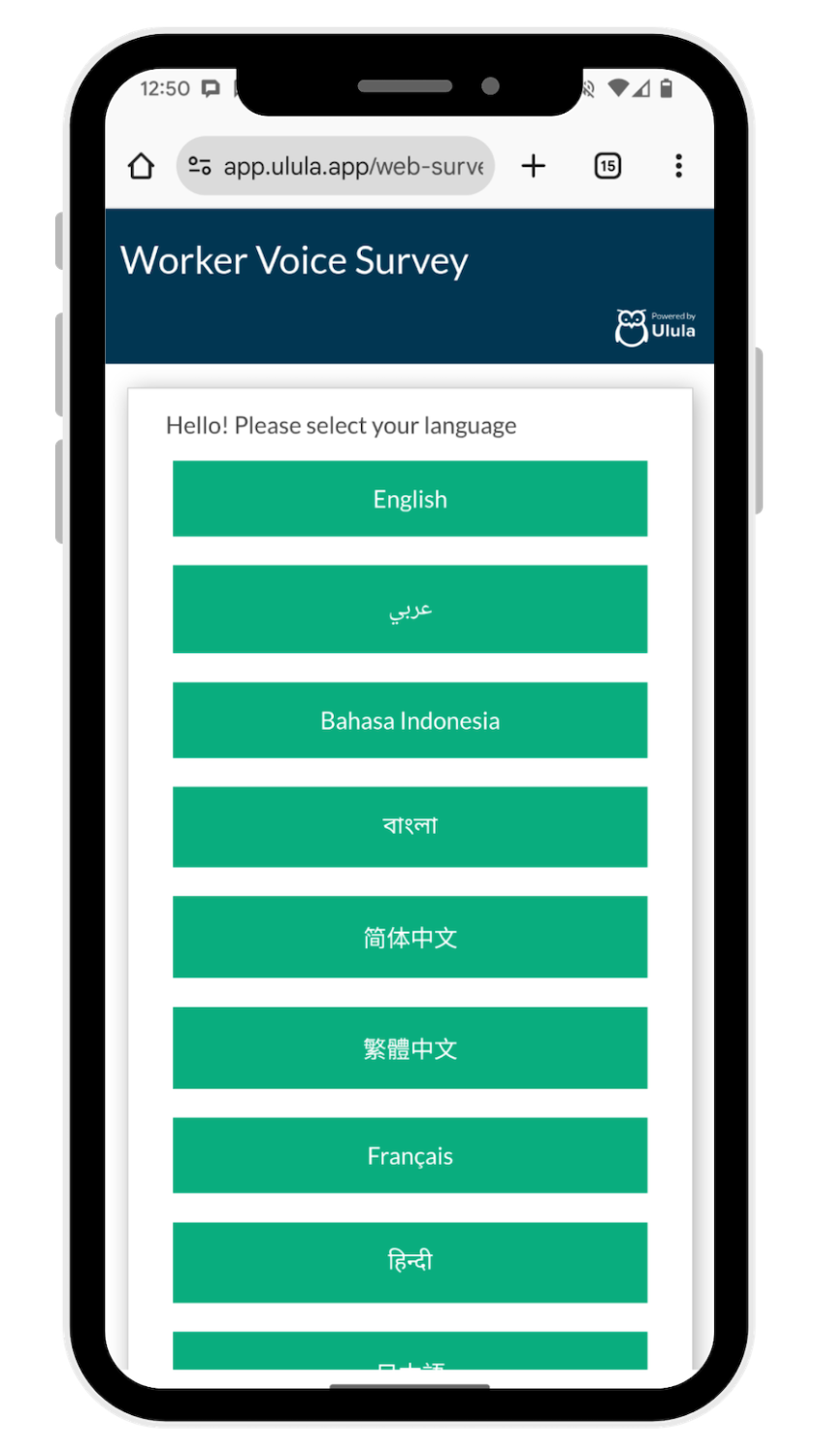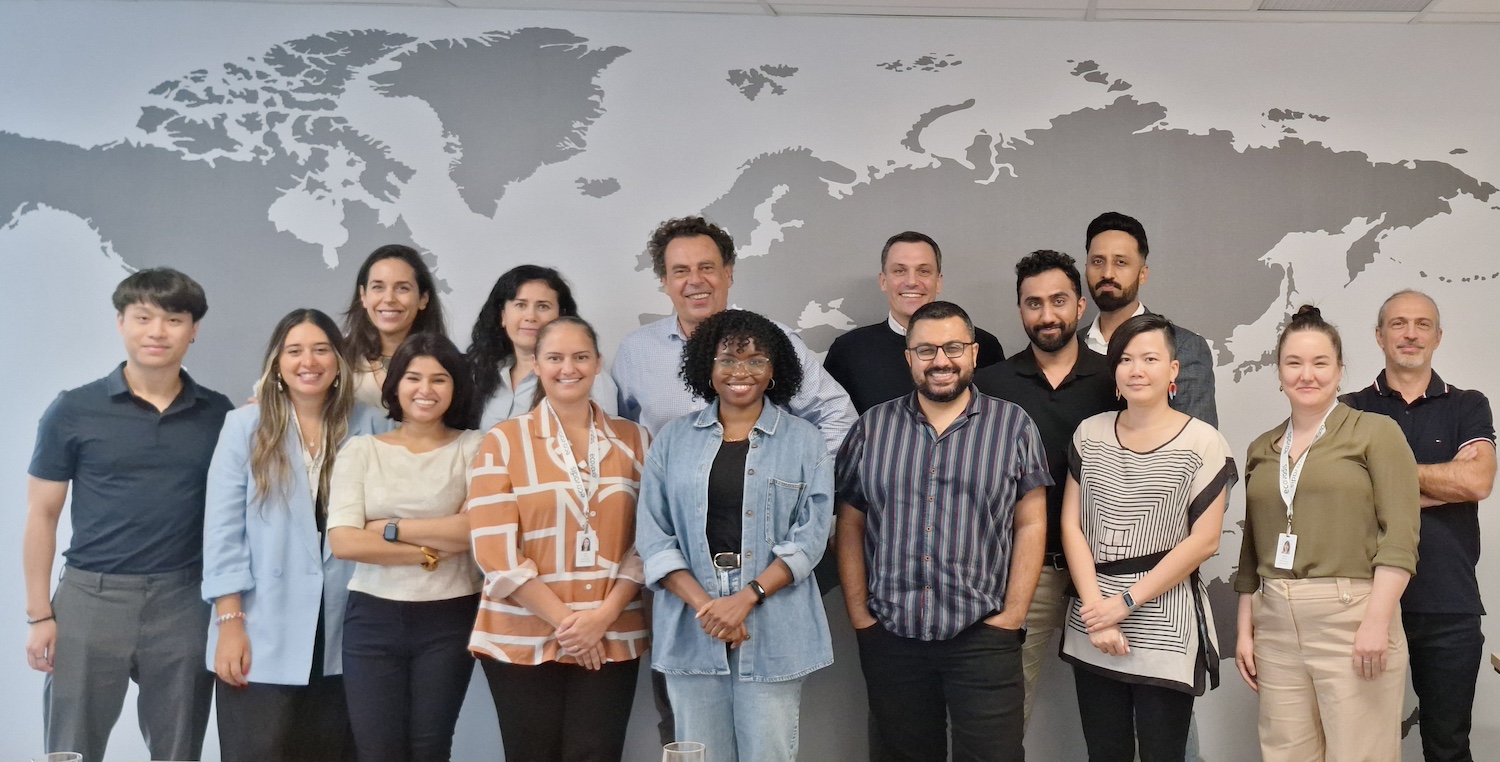
(Image: Getty Images/Unsplash)
Supply chains are incredibly complex. A simple product, like a pair of shoes or a coffee maker, can contain parts and materials from numerous factories around the world. A complex product, like an automobile or a laptop, can sometimes include materials from dozens, if not over 100, different suppliers.
Companies rely on so many suppliers because of the costs and economies of scale, but this can make it harder to identify and address social and environmental abuses along their supply chain, something now recognized as a global goal.
“Ensuring that corporations take responsibility for preventing and managing the environmental, labor, and human rights impacts of their supply chains is key to global sustainable development,” Suzy H. Nikièma, director of investment at the International Institute for Sustainable Development, said in a statement.
One way to improve supply chains is through technology. Today, manufacturers use sophisticated tools to monitor their supply chains in real time. This includes tools that can also identify labor and human rights risks and help companies eliminate those risks from their supply chains.
A new offering from two platforms that played a key role in helping companies better manage and identify supply chain risk — Ulula and its parent company EcoVadis — gives companies direct, anonymous access to labor and human rights conditions across their entire supply chain through a real-time engagement tool.

“EcoVadis has more than 1,500 customers and is impacting the lives of millions of workers,” Antoine Heuty, founder and senior vice president of human rights at Ulula, told TriplePundit. “Putting our worker voice surveys in the hands of those clients could be transformative.”
The new tool aims to address a key limitation of many other tech-driven supply chain monitoring platforms: a lack of data on what workers have to say about what is happening where they work.
“Using worker voice enables you to go straight to workers in their own language,” Heuty said. “You get more robust, direct insights and a more complete risk assessment.”
Why worker voice matters
Worker voice is not a new concept. It refers to various ways to capture the voices, experiences, and needs of workers and channel that voice into a clear mechanism for remediation and accountability. The idea is that the best way to understand if a workplace is safe and follows human rights or labor guidelines is through those working there.
“How do you really understand what is going on in factories, in farms around the world, in our supply chains?” Heuty said. “Ulula has been focusing on that very specific problem for the past decade.”
Hundreds of millions of people are working along complex garment, technology, pharmaceutical and consumer goods supply chains. They produce the food we eat, the tools we use, and the products that fill our houses, but their voices and concerns are often hidden.
Traditionally, tools like in-person audits, surveys, and anonymous call lines were seen as ways to get information from workers. But those methods were slow, not cost-effective, and often not secure. Workers, particularly those working in authoritarian states like China, Vietnam, or Ethiopia, are often surveilled, as are labor unions. Speaking out can mean losing their job — or worse. That's why Ulula emphasizes privacy and security, ensuring workers’ voices are anonymous and they won’t face repercussions for telling the truth.

For example, Ulula was used to better understand the situation facing cosmetic industry workers in South Asia with accessible tools like voice calls and WhatsApp messages in local languages. Working with local nonprofits, it achieved a remarkable 80 percent participation rate in its surveys — far higher than traditional audits or anonymous surveys. The findings led to changes that improved workplace satisfaction and reduced abuse and harassment.
Worker Voice is also used to identify labor risks in the palm oil industry, a product used around the world and long linked to human rights violations.
Ulula and EcoVadis’ model
Ulula and EcoVadis were founded around the same time a decade ago, right when more countries were considering mandatory due diligence requirements and technology was considered capable of helping shed light on opaque supply chains. Joining forces seemed like a natural evolution, Heuty said.
“We want to see an adoption of the worker-generated data with our customer bases,” Heuty said. “Ultimately, the theory of change behind it is that giving more visibility into what workers are living is a way to change the wrongs that they are facing in their lives.”
EcoVadis is a sustainability intelligence platform created for supply chains and is at the forefront of using data to help clients understand human rights risk. Some of the biggest brands in the world use its tools, including PepsiCo, Wilmar and Mars. Ulula is focused on developing phone- and mobile-app-based survey tools that allow workers to share data about conditions anonymously. Its tool is available in over 60 languages and used in more than 50 countries. “Together, we can really advance the field,” Heuty said.
Ulula reached an astounding 5.7 million workers through its various surveys, Heuty said. That effort added breadth, depth, and qualitative data to often quantitative-heavy supply chain data sets for its clients, leading to real outcomes for workers around the world. The hope is that, with EcoVadis, this can be scaled up.
“We want to reach 10 million workers over the next two years,” Heuty said. “We want to see more adoption of the worker-generated data within our customer base.

The challenge of scale
Ten million workers is an impressive goal, but it is a tiny fraction of the global workforce. Over 75 million people work in fast fashion alone, an industry long linked to labor abuses.
“There's no way that Ulula alone would be able to serve hundreds of millions of workers,” Heuty said. “We need to work in partnership with other organizations to tackle this as a whole.”
Heuty sees partnerships with other sustainability efforts, but also with more brands, as key.
There is also the elephant in the room: anti-ESG backlash and outright hostility from United States President Donald Trump’s administration. Despite this, Heuty has not seen a turn away from supply chain compliance globally.
“We see a large number of our customers staying the course with that mission on sustainable supply chains,” Heuty said. “Those customers have a deep understanding of the value it brings to their core business. It's not just a matter of checking the box.”

Nithin Coca is a freelance journalist who focuses on environmental, social, and economic issues around the world, with specific expertise in Southeast Asia.














